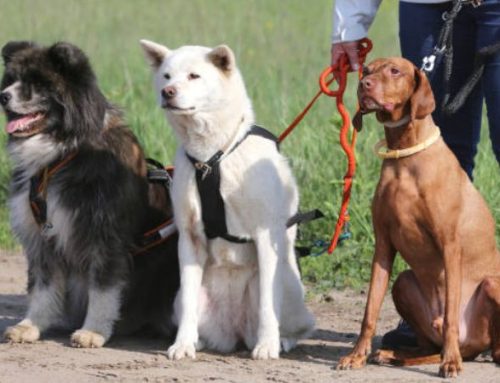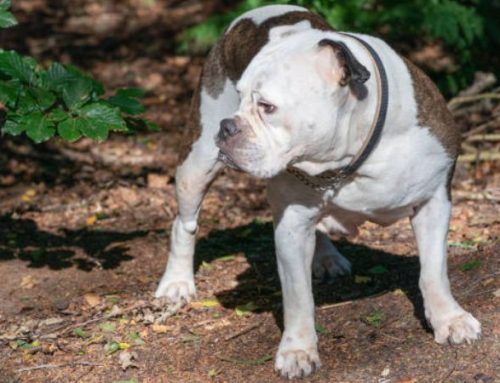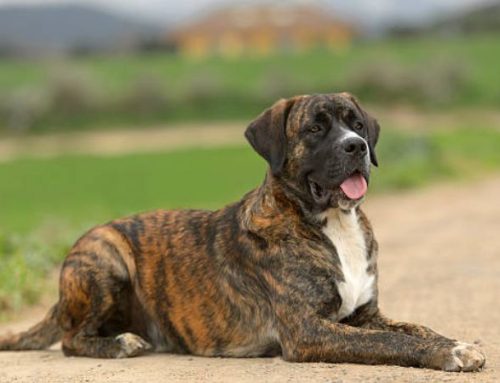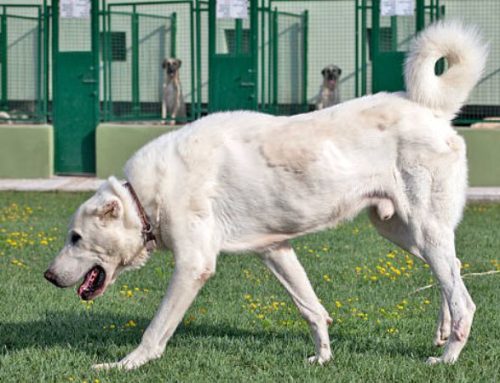With their soft, snowy-white coats and charming personalities, Maltese dogs are the perfect blend of elegance and playfulness. Despite their small size, these little companions have captured hearts and won dog shows for decades.
Join Nexus-pets as we explore the ultimate guide to Maltese dogs, covering everything from their temperament and care to their lifespan and cost.
Maltese Dog Price
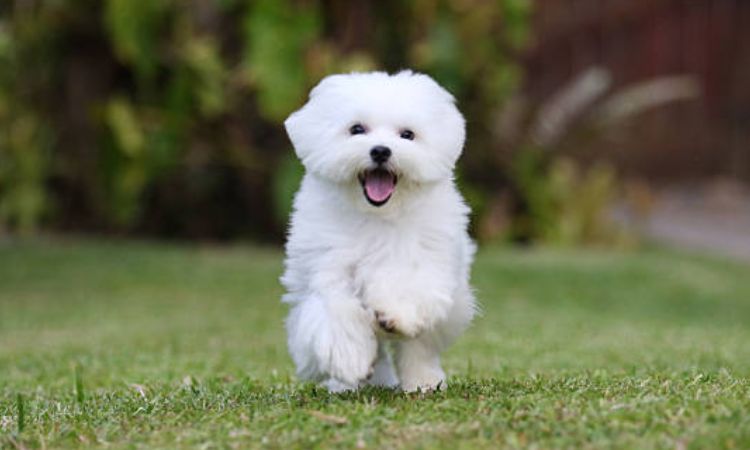
Purchase Price Range
- Maltese puppies from reputable breeders, especially Kennel Club (KC) registered with champion bloodlines or pedigree, usually cost between $1,800 and $4,500 or more.
- Rescue or adoption options tend to be less expensive but often don’t come with pedigree papers or lineage guarantees.
Ongoing Costs
- Food: About $40 per month for premium small-breed dog food.
- Grooming: Essential to maintain their silky coat, professional grooming costs range from $50 to $80 per session. Frequency depends on the coat style you prefer.
- Vet Care: Routine vet visits, vaccines, and parasite prevention (fleas, ticks, heartworm) can add up to around $150 to $300 per year.
- Insurance: Recommended to help cover unexpected health costs; prices vary but often cost several hundred dollars annually.
- Other Supplies: Toys, beds, leashes, and accessories can cost an additional $100 to $200 per year.
Factors Influencing Cost
- Pedigree & Breeder Reputation: Puppies with verified health-tested parents and champion bloodlines from well-known breeders cost more.
- Location: Prices tend to be higher in urban or high-demand areas compared to rural regions.
- Age: Younger puppies with proper socialization usually command higher prices than older dogs or those without documented lineage.
Maltese Temperament
The Maltese is known for its loving and gentle nature. At its core, this breed is affectionate, intelligent, and playful. Maltese dogs thrive on human companionship and quickly form strong bonds with their families. They enjoy being involved in daily activities and often seek attention and affection from their owners.
When it comes to families, Maltese dogs generally do well with adults and older children who understand how to handle small dogs gently. However, due to their delicate size, they can be sensitive to rough play, so supervision is recommended around very young children. With other pets, Maltese dogs usually adapt well, especially if they are socialized early. Their friendly and sociable nature helps them get along with other animals in the household.
Maltese dogs do have some common behavioral quirks that potential owners should be aware of. They tend to be vocal and may bark frequently, especially when excited or sensing strangers. This makes them good watchdogs but can also lead to excessive barking if not managed properly. Another common issue is separation anxiety. Because Maltese dogs crave human interaction, they can become anxious or stressed when left alone for long periods. Providing plenty of mental stimulation and companionship can help reduce this anxiety.
Additionally, Maltese dogs are known to be sensitive when handled roughly. They respond best to gentle, patient training methods and do not tolerate harsh discipline. Early socialization and consistent positive reinforcement are key to nurturing a well-mannered, confident Maltese.
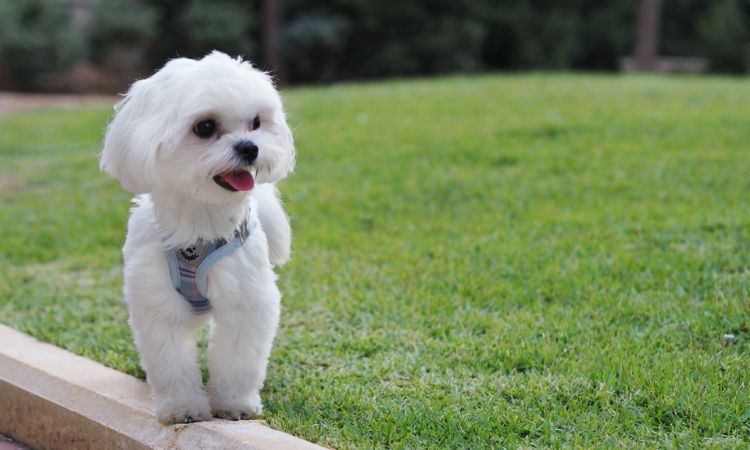
Maltese Lifespan
The average lifespan of a Maltese typically ranges from 12 to 15 years, with many dogs living well into their mid to late teens—sometimes reaching 16 or even 17 years old with proper care. Compared to many other breeds, this is considered a relatively long lifespan, reflecting their generally healthy constitution.
Gender plays a role in longevity as well, with female Maltese often outliving males by approximately one year on average. This difference is common in many dog breeds and may be influenced by a combination of genetics and hormonal factors.
While Maltese dogs are known for their durability, several hereditary health conditions can impact their overall lifespan and quality of life. Key health considerations include:
- Patellar Luxation: A condition where the kneecap slips out of place, potentially causing mobility issues and predisposing the dog to arthritis.
- Legg-Calve-Perthes Disease: A hip disorder primarily affecting puppies, which can cause joint pain and lameness.
- White Dog Shaker Syndrome: An autoimmune-related condition leading to tremors.
- Patent Ductus Arteriosus (PDA): A congenital heart defect that may lead to heart failure if untreated.
- Portosystemic Shunt (Liver Shunt): An abnormal blood vessel that bypasses liver filtration, causing toxin buildup.
- Ear Infections: Due to their floppy ears limiting air circulation.
- Dental Disease: Common in small breeds, which can affect overall health if not managed.
Regular veterinary care, early detection, and proper management of these conditions can significantly improve the Maltese’s lifespan and well-being, helping ensure your companion enjoys many healthy, happy years.
Essential Maltese Care
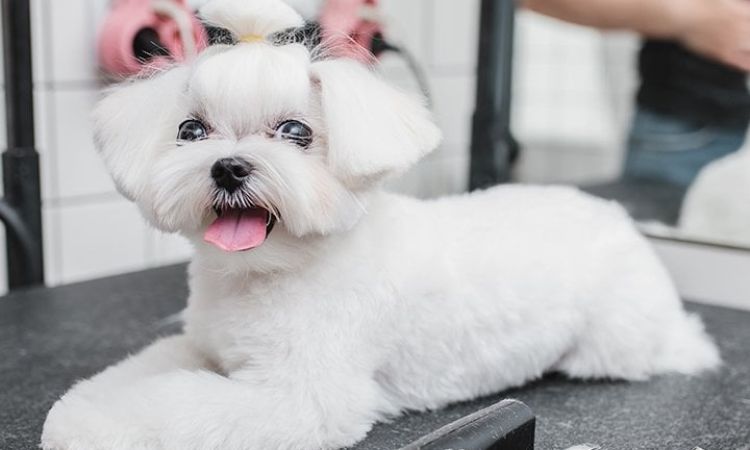
Grooming Requirements
The Maltese’s hallmark is its long, silky white coat, which demands regular and attentive care to stay healthy and beautiful. Daily brushing is essential to prevent tangling and matting, as their fine hair can easily knot if neglected. Alongside brushing, frequent combing helps remove loose hairs and keeps the coat flowing gracefully, often appearing to “float” just above the floor.
Regular bathing and conditioning are crucial to maintain softness and shine while preventing dirt buildup. Use gentle, dog-specific shampoos and conditioners designed for sensitive skin to avoid irritation. Additionally, professional grooming every 6 to 8 weeks is recommended to trim the coat, maintain proper shape, and manage any persistent matting.
Maltese are prone to tear stains—reddish-brown discoloration beneath the eyes caused by excess tearing. Daily cleaning around the eyes with a damp cloth or specialized wipes helps reduce staining and keep the face looking fresh.
Nail trimming should be performed regularly, as their nails grow quickly and can cause discomfort or affect walking if left too long. Ear care is also important: check ears weekly and gently clean away wax, debris, or excess hair to prevent infections.
Feeding and Nutrition
Maltese are small dogs with relatively low caloric needs. A typical Maltese should consume between 1/4 to 1/2 cup of high-quality dry dog food daily, split into two balanced meals. Feeding on a consistent schedule helps regulate their metabolism and prevents overeating.
Because some Maltese have sensitive digestive systems and can be picky eaters, it’s important to avoid table scraps or human food that can lead to weight gain or gastrointestinal upset. Fresh, clean water should always be available.
Monitoring your Maltese’s weight is vital since obesity can lead to serious health issues such as joint problems and heart disease. Consult your veterinarian if you notice weight changes or appetite irregularities. They can help adjust portion sizes or recommend special diets if necessary.
Exercise Needs
Although compact, Maltese dogs are energetic and playful. They require daily physical and mental activity to stay healthy and happy. Short walks around the neighborhood, supervised playtime in a secure backyard, or interactive games indoors provide adequate exercise for this breed.
Because they are intelligent and curious, Maltese also benefit from activities that challenge their minds, such as learning new tricks, agility training, or puzzle toys. However, due to their small size, exercise sessions should be moderate to avoid exhaustion or injury.
Training Strategies
Training a Maltese requires patience, consistency, and positive reinforcement. These dogs are intelligent and eager to please but can display stubbornness or manipulative behavior if allowed to get away with it.
Housebreaking can be challenging, so establishing a regular bathroom routine from puppyhood is key. Crate training, praise, and rewards help encourage good habits.
Obedience training should focus on basic commands like sit, stay, come, and quiet, especially since Maltese can develop excessive barking if not taught otherwise. Early and ongoing socialization with other dogs and people helps them become well-rounded pets, reducing anxiety and promoting friendliness.
Given their affectionate nature, Maltese thrive when included in family activities and respond best to gentle, consistent guidance paired with lots of love and encouragement.
As you can see, the Maltese is a truly special breed. We hope this guide has given you a clearer picture of what it takes to welcome one of these charming dogs into your life. With the right care and plenty of love, a Maltese can bring years of joy and companionship to your home.


